How To Eliminate Sugar From Your Diet
You may not be scarfing down packages of cookies or bags of chips while guzzling cans of soda, but this does not mean artificial sugars are absent from your diet. If anything, you’re probably consuming sugar throughout your day without even realizing it, as sugar is added to foods that are not even sweet, such as bread and sauces. A high-sugar diet boosts the odds of developing a variety of ailments including heart disease, diabetes, tooth decay, and weight gain. Discover how to gradually cut sugar from your diet as well as the harmful impact this empty calorie and nutrition based substance has on your overall health now.
Read Food Labels

Many may not realize how often sugar is added to the foods we consume, but many will realize the true amount once they read the ingredients list. Even foods individuals may believe are not sweet, such as tomato sauce, crackers, salad dressings, or sauces, are often packed with sugar. This is why it is essential for individuals to read the labels of the food they are eating to know how much sugar, whether added or natural, is in their food. Ingredients are listed in the order of how much exists in the product, and therefore if sugar is one of the first listed, this indicates there is high sugar content in the food.
Plus, when reading food labels, be aware of how sneaky manufacturers can be! Individuals should look beyond the word ‘sugar,’ as sugar is also commonly listed as high fructose corn syrup, sucrose, dried cane syrup, invert sugar, molasses, brown rice syrup, honey, and maple syrup. Even seemingly healthy foods, such as yogurt and cereal, can contain three or four different types of sweeteners. Patients should also look for the percentage of sugar in their food listed on the nutritional label as well, and try to choose foods with low or non-existent sugar levels.
Eliminate Processed Foods & Sugars

Although this may appear to be a no-brainer for many individuals, many still believe some of the ‘healthier’ options available at fast food restaurants are healthy, but in reality and more often than not, they are not! Obviously, most foods we consume are processed in some way, from fruit being taken from trees to butter being separated from milk and churned. However, there is a major difference between mechanical processing and chemical processing. If it is a single ingredient food, such as an apple, with no added chemicals, then it is still considered real food. However, foods that have been chemically processed or modified in some way, and produced from refined ingredients and artificial substances is processed food.
Eliminating Processed Foods Continued
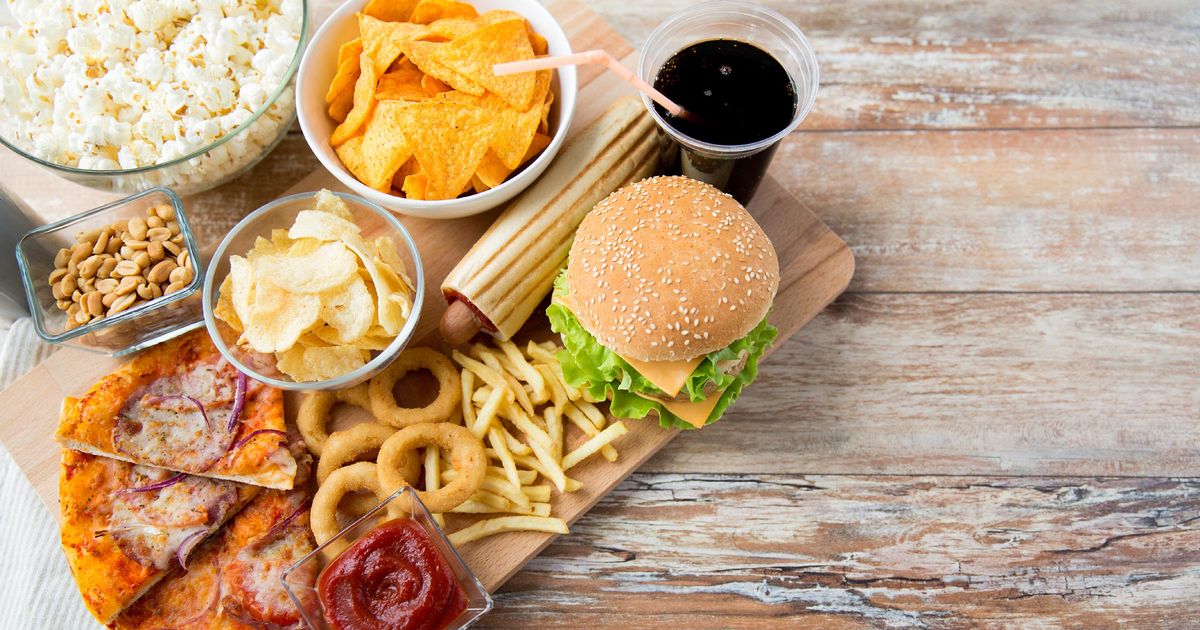
What’s the connection to sugar then? Well, processed foods are usually loaded with added sugar or high fructose corn syrup, and sugar, in general, is considered ‘empty’ calories and has no nutritional value. Many studies also have proved sugar can have devastating effects on metabolism and can also lead to insulin resistance, high triglycerides, increased cholesterol, increased fat accumulation in the liver and abdominal area. Sugar consumption is also strongly associated with the development of critical conditions, such as diabetes, heart disease, obesity, and certain cancers. Although you cannot just eliminate sugars overnight, gradually reducing your intake of processed foods, such as food at fast-food places, ice cream, cookies, sodas, and anything claiming to be ‘diet’ is a great way to begin reducing your intake of sugar and becoming healthier.
Focus On Proteins & Fats
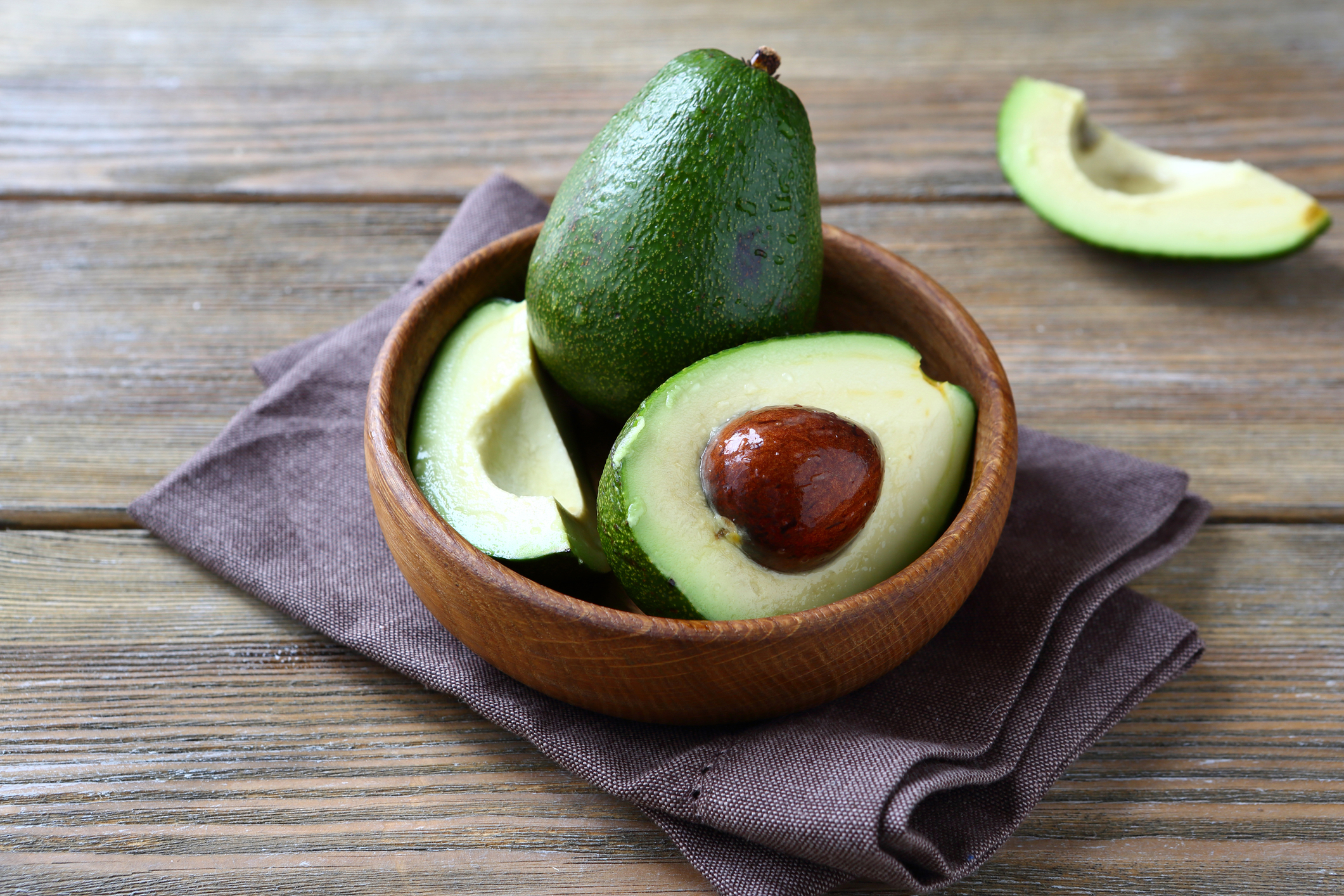
Unhealthy foods and carbs loaded with sugar can result in the rapid increase in blood sugar levels and can plunge unexpectedly, causing an individual to become hungry again. Patients are encouraged to integrate protein, healthy fats, and fiber into their meal, to minimize this rapid rise and fall, which can decrease the release of blood sugar into the body and help to keep an individual feeling fuller for longer. For instance, a patient could add almonds to their oatmeal or pair eggs with toast for breakfast and eat peanut butter and apples for an afternoon snack. Fats are also a significant part of a diet, as they keep an individual feeling fuller for longer and help decrease the desire for sugar. Patients should focus on healthy fats like avocados, nuts, seeds, and heart-healthy oils such as coconut, walnut, and olive oil.
Don’t Fake It Until You Make It
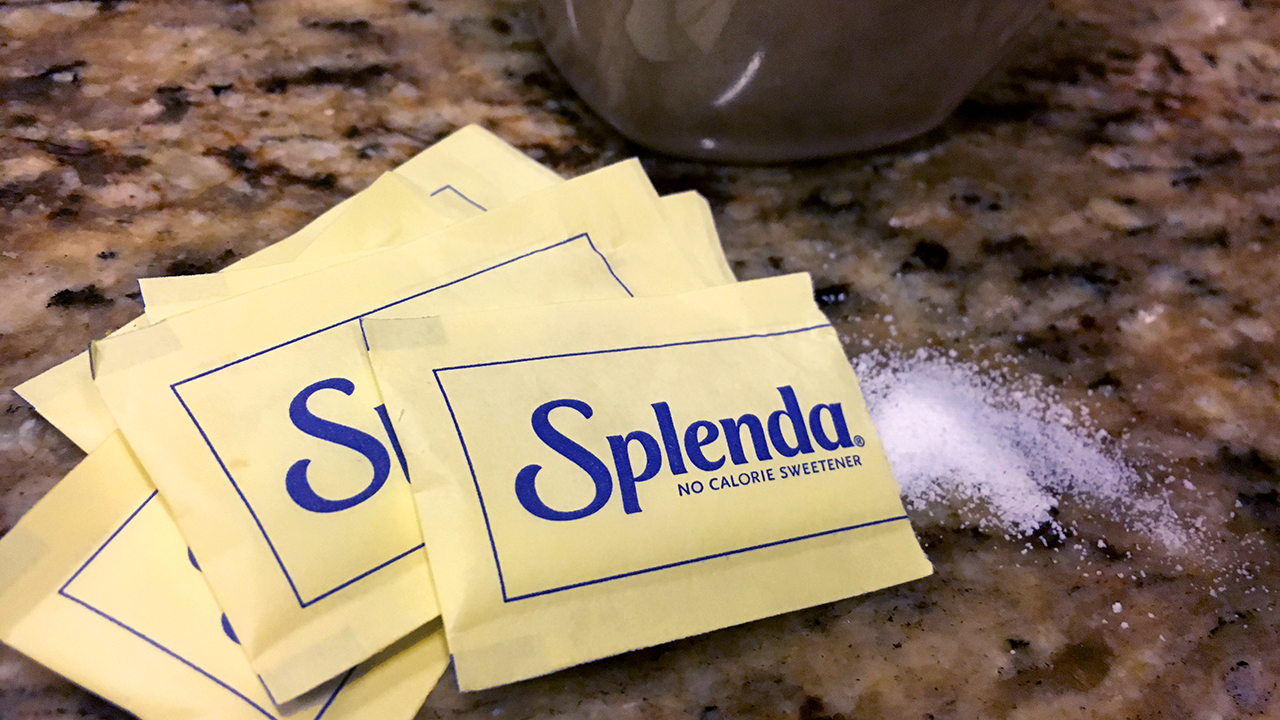
When reducing sugar consumption, many individuals may feel the need to switch to artificial sugars to satisfy their sweet tooth. However, patients should resist the temptation to reach for diet soda, sugar-free candy, and packs of artificial sweeteners into their coffee, as artificial sweeteners have been proven to interfere with the taste buds in identifying what is sweet. For instance, when an individual indulges in something sweet, their body expects calories and nutrition, which artificial sugars do not provide the body with at all. In fact, fake sugars have been associated with weight gain, not loss, according to a study published in the Yale Journal of Biology and Medicine. Essentially, do not substitute artificial sugars while trying to eliminate sugar from your diet, as although it might appear harmless, anything fake or processed will do your body more harm than good.
Add Flavor
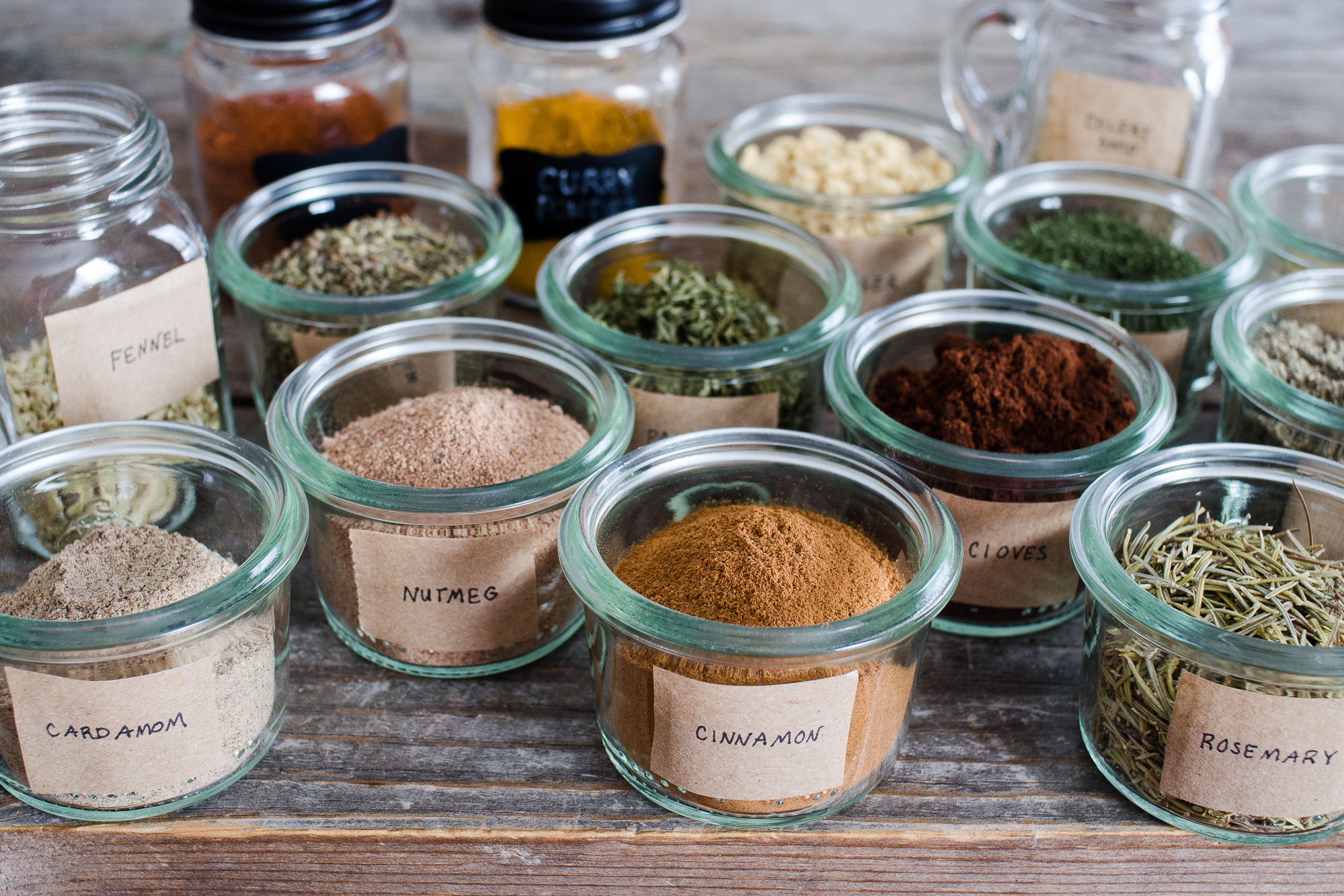
There are numerous herbs and spices individuals can use to add flavor and keep sugar cravings at bay. For instance, vanilla bean and vanilla extract, cinnamon, nutmeg, ginger, and citrus zest add just the right amount of sweetness to foods without having to use sugar, and all have zero calories. Individuals can even add cocoa or vanilla powder to their coffee and cinnamon or nutmeg to oatmeal. Many of these spices and natural sugars also contain a variety of health benefits. For example, cinnamon is known to naturally regulate blood sugar and helps to control appetite, as reported by a meta-analysis in the Journal of Medicinal Food. To further discover the health benefits of natural spices, check out Secret Remedies For Health Issues Hiding In Your Kitchen Cabinet.
Fresh Obsessed
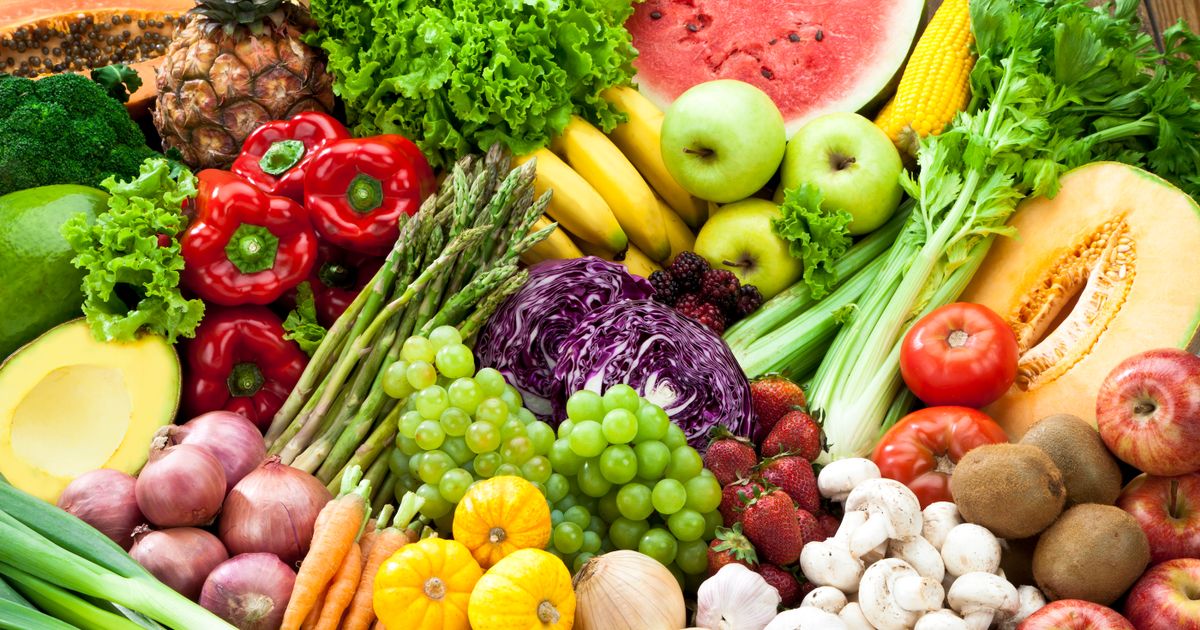
If one gives up sugar and refined foods then what is there to eat? Well, the simplest way to gradually cut sugar from a diet is to start implementing more fruits and vegetables into a healthy, balanced diet. Fresh fruits and vegetables loaded with natural sugars, iron, fiber, and antioxidants are not only healthy but have incredible health benefits as well. To keep the sweetness alive, individuals can eat more berries, such as blueberries, raspberries, and strawberries, as well as bananas, oranges, and pineapple to take care of their sweet tooth. These fruits, along with many others, contain natural sugars the body can easily regulate, while the nutritional benefits are astronomical.
A balanced diet also consists of complex carbohydrates, such as sweet potatoes, whole grains, and healthy fats and proteins. As previously mentioned, these are not only better food choices, but will also keep an individual fuller for longer and healthier in the long run. A healthy diet based on fresh produce is not only low in saturated fats and calories, but also reduces the risk of developing numerous cancers and life-threatening conditions, while nourishing and improving cardiovascular health, mental health, regulating blood pressure, cholesterol, and blood sugars, and boosting immunity. Remember fresh is in, artificial is out!
